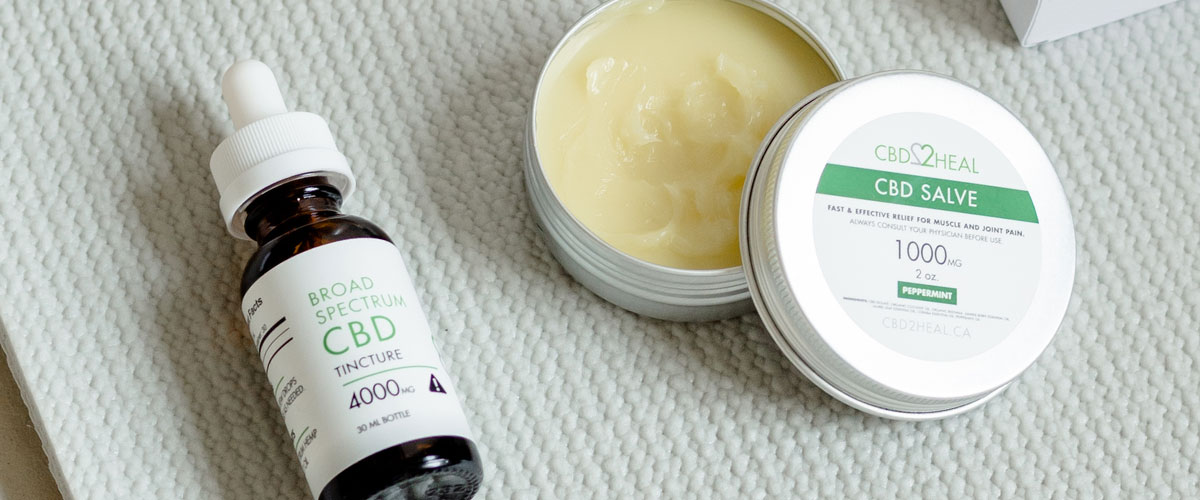- You have no items in your shopping cart
- Continue Shopping

In recent years, cannabidiol (CBD) has gained widespread attention for its potential health benefits. From pain relief to anxiety management, this non-psychoactive compound derived from the cannabis plant has sparked significant interest in the medical and wellness communities. One of the most intriguing areas of research focuses on CBD’s potential neuroprotective properties—its ability to support and safeguard brain health.
The human brain is a marvel of nature, a complex network of billions of neurons that govern our thoughts, emotions, and actions. However, as we age, factors like inflammation, oxidative stress, and neurodegenerative diseases threaten cognitive function. Scientists are exploring whether CBD could serve as a natural tool to protect neurons, slow brain aging, and potentially combat conditions like Alzheimer’s and Parkinson’s disease. But what does the science actually say? Let’s dive into how CBD interacts with the nervous system and whether it truly has the power to shield the brain from harm.
Understanding Neuroprotection and Brain Health
Neuroprotection refers to the mechanisms and strategies that preserve the structure and function of nerve cells, also known as neurons. The brain is constantly under attack from various threats, including free radicals, toxins, inflammation, and stress. Over time, these factors can lead to cognitive decline and increase the risk of neurodegenerative disorders.
Maintaining brain health is crucial not just for aging individuals but for people of all ages. Stress, poor diet, and environmental pollutants contribute to neuronal damage, making neuroprotection a critical area of research. This is where CBD enters the conversation as a potential natural neuroprotective agent.
How CBD Interacts with the Nervous System
To understand CBD’s neuroprotective potential, we need to explore how it interacts with the body’s endocannabinoid system (ECS). The ECS is a complex cell-signaling network that plays a vital role in regulating mood, memory, immune response, and brain function. It consists of receptors like CB1 and CB2, which interact with cannabinoids like CBD and THC.
- CB1 receptors: Primarily found in the brain and central nervous system, they influence cognition, pain perception, and emotional regulation.
- CB2 receptors: Mainly located in the immune system and help regulate inflammation.
Unlike THC, which binds directly to CB1 receptors and produces a “high,” CBD takes a more indirect approach. It enhances the body’s natural production of endocannabinoids while also interacting with serotonin and vanilloid receptors, which influence mood and pain perception. This ability to modulate multiple pathways is why researchers are optimistic about CBD’s neuroprotective effects.
Potential Benefits of CBD for Brain Health
1. Combating Neuroinflammation
Chronic inflammation in the brain is a common factor in many neurological disorders, including Alzheimer’s, Parkinson’s, and multiple sclerosis. When the immune system goes into overdrive, it can damage healthy brain cells and accelerate cognitive decline.
CBD has been shown to exhibit powerful anti-inflammatory properties: by reducing the production of pro-inflammatory cytokines. In studies involving neurodegenerative diseases, CBD appeared to slow disease progression by lowering inflammation levels in the brain.
2. Fighting Oxidative Stress
Oxidative stress occurs when there’s an imbalance between free radicals and antioxidants in the body. Over time, oxidative stress can cause neuronal damage and contribute to conditions like dementia.
CBD is a potent antioxidant: meaning it helps neutralize harmful free radicals that attack brain cells. Some studies suggest that CBD’s antioxidant effects may be even stronger than those of vitamins C and E, making it a promising candidate for neuroprotection.
3. Slowing the Progression of Neurodegenerative Diseases
Neurodegenerative diseases progressively damage neurons: leading to cognitive and motor impairments. While there is no cure for these conditions, CBD has shown potential in slowing their progression.
- Alzheimer’s Disease: CBD has been found to reduce beta-amyloid plaque buildup in the brain, one of the hallmarks of Alzheimer’s disease. Studies on animal models suggest that CBD could improve memory and slow cognitive decline.
- Parkinson’s Disease: Research indicates that CBD may help manage symptoms like tremors and muscle stiffness by interacting with dopamine-producing neurons.
- Multiple Sclerosis (MS): CBD’s anti-inflammatory and muscle-relaxant properties make it a promising treatment for MS-related symptoms like spasticity and pain.
4. Promoting Neurogenesis and Brain Plasticity
One of the most exciting areas of CBD research is: its potential role in neurogenesis, the process of generating new neurons. In animal studies, CBD has been shown to encourage the growth of brain cells in the hippocampus, a region crucial for memory and learning.
5. Reducing Anxiety and Stress for Better Cognitive Function
Chronic stress and anxiety take a significant toll on brain health: increasing the risk of depression and cognitive decline. High levels of cortisol (the stress hormone) can shrink the hippocampus, impairing memory and learning abilities.
CBD is widely recognized for its anxiolytic (anti-anxiety) effects: By modulating serotonin receptors, CBD can help reduce stress, improve mood, and enhance focus—all of which contribute to better cognitive performance.
Conclusion
CBD’s potential as a neuroprotective agent is an exciting and rapidly evolving field of research. Its ability to reduce inflammation, combat oxidative stress, promote neurogenesis, and alleviate anxiety makes it a compelling option for those looking to support their brain health.
However, while early studies are promising, more research is needed to fully understand CBD’s long-term effects and effectiveness in humans. For now, individuals interested in incorporating CBD into their wellness routine should prioritize quality, consult with healthcare professionals, and stay informed about new scientific developments.
As science continues to uncover the mysteries of the brain, CBD may very well play a significant role in shaping the future of neuroprotection.
Tap into the healing powers of CBD today. Shop online at CBD2HEAL for Canada’s best organic CBD oil.







